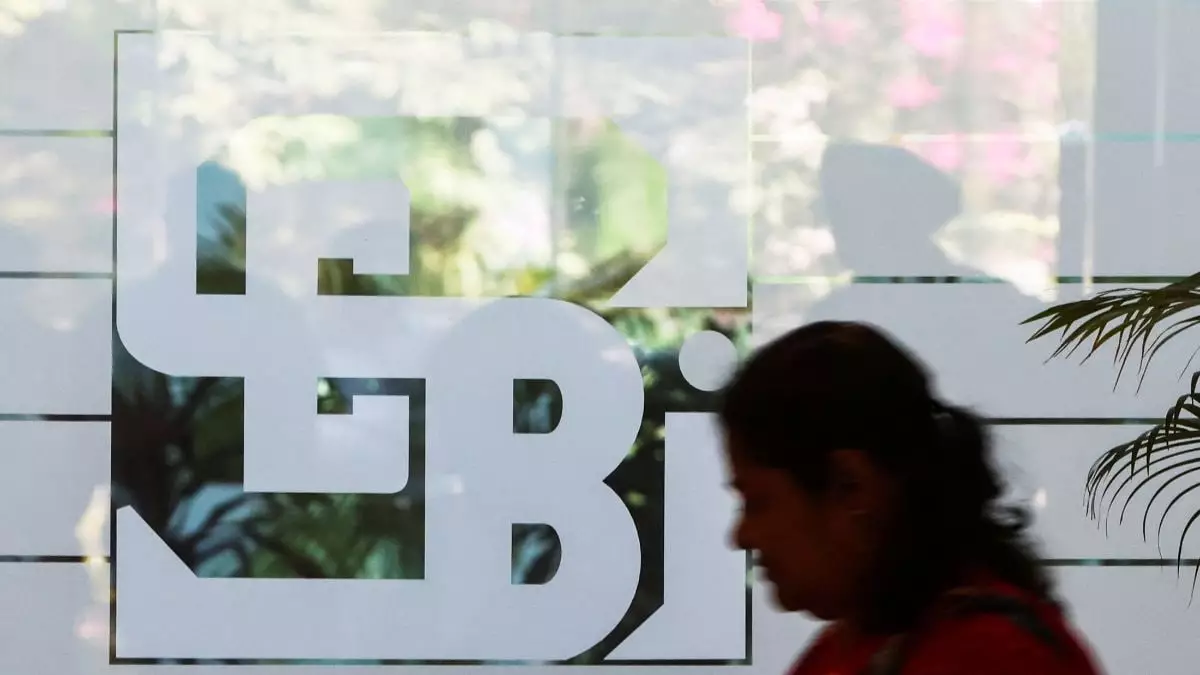In recent years, the proliferation of social media has revolutionized the way we communicate, socialize, and even invest. However, this rapid digital transformation has also catalyzed a surge in fraudulent activities, particularly within the securities market. The Securities and Exchange Board of India (SEBI) has observed a concerning pattern where con artists exploit popular platforms like YouTube, Facebook, and Instagram to lure unsuspecting investors with the promise of easy profits through online trading courses and misleading testimonials.
In many cases, these fraudulent schemes contain the allure of guaranteed returns, a tactic that not only deceives potential investors but also tarnishes the integrity of the financial landscape. As these scams grow in number and sophistication, it has become increasingly vital for regulatory bodies to adopt stringent measures to protect investors from such predatory practices.
SEBI’s Proactive Measures
In light of the mounting challenges posed by fraudulent activities, SEBI is taking decisive action to regulate how registered intermediaries engage on social media platforms. By mandating that all registered intermediaries must register using their official contact details, such as email IDs and mobile numbers provided to SEBI, the organization aims to streamline verification processes. This strategic move will facilitate rigorous checks before intermediaries are allowed to publish advertisements on platforms like Google and Meta.
This step comes as a necessary evolution in regulatory strategy, as traditional oversight methods often lag behind the rapidly changing digital landscape. By requiring intermediaries to verify their identities, SEBI not only fosters greater accountability but also enhances trust among investors who use these platforms for information and guidance. The initiation of these measures illustrates a forward-thinking approach to market regulation, adapting to the realities of an increasingly digital world.
Challenges Ahead: Navigating Implementation and Compliance
While SEBI’s intentions are commendable, the real test lies in the implementation of these guidelines. Registered intermediaries will be required to update their contact details on SEBI’s portal by a specified deadline, highlighting the urgency of compliance. However, one must consider the logistical challenges that could arise during this transition.
Furthermore, the effectiveness of such measures is contingent upon the commitment from social media platforms to conduct thorough verification processes. If these platforms fail to enforce the new guidelines consistently, the risk of fraudulent activities may persist, albeit in different forms. SEBI must ensure that it collaborates closely with these platforms to develop robust verification protocols that can adapt to evolving digital threats.
A Vision for a Safer Investment Landscape
Ultimately, SEBI’s recent policies signify an important step toward a safer, more transparent securities market. By addressing the complexities of fraud in modern finance, the regulatory body underscores its commitment to investor protection. However, for these reforms to make a real impact, active participation from both the regulatory body and social media platforms is essential.
In striving to create a financial environment where investors feel secure and informed, SEBI is charting a course towards restoring faith in the markets. This initiative not only serves as a shield against fraudulent entities but also promotes a culture of integrity and trustworthiness in investment practices.

